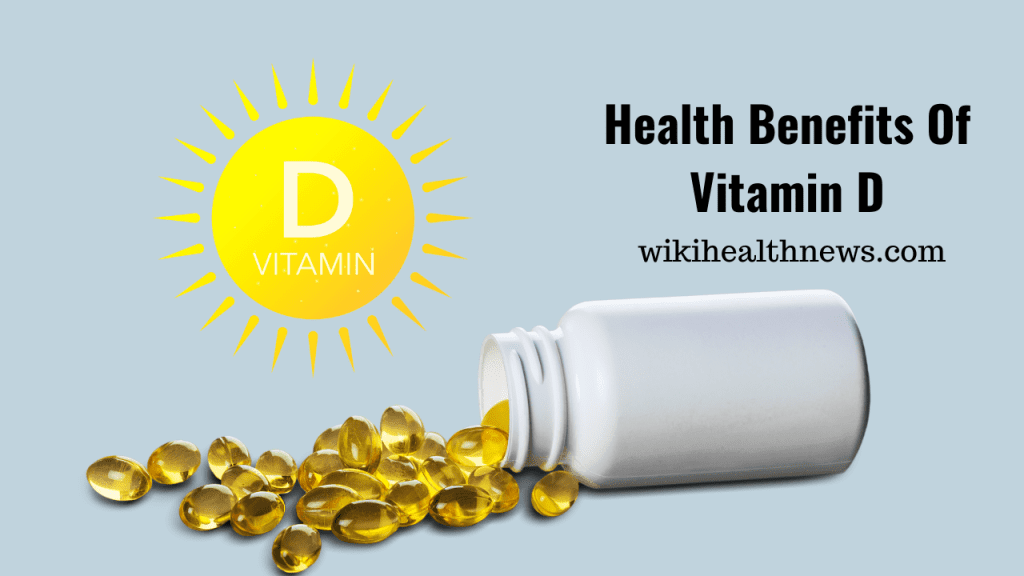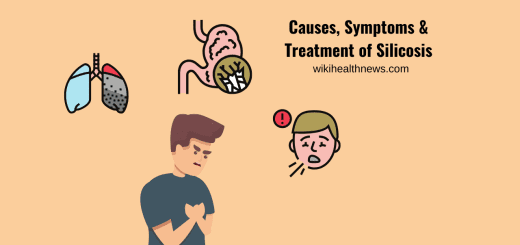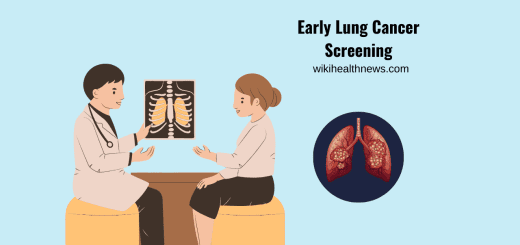Vitamin D Helps Your Bones, Teeth & Muscles

Vitamin D maintains the bones and regulates the quantity of calcium and phosphate in the body. These vitamins are essential for bones, tooth and muscle tissues. Deficiency of Vitamin D leads to bone deformities such as rickets in children, and osteomalacia in adults.
Vitamin D1, D2 and D3 comprises compounds known simply as Vitamin D. As the body produces all of the compounds naturally when it is exposed to sunlight it is referred to as the “Sunshine Vitamins”.
Vitamin D is a hormone, which is chemically very similar to Testosterone, Estrogen, and Progesterone, that is one of the main reasons why the body relies on it so much for overall health.
Vitamin D is fat-soluble, which means they are stored within the liver and other fatty tissues when they aren’t used and are secreted from tissues when the body needs them.
Melanin in the skin, is associated with darker skin tones, it absorbs and blocks the UV light from reaching the cells that produce Vitamin D. Thus individuals with darker skin complexions tend to require more UV light and may need more sunlight exposure to produce the same endogenous Vitamin D levels.

Vitamin D Benefits
- It strengthens teeth and bones: It helps with the regulation and absorption of calcium, and plays a key role in the health of our teeth and bones. Apart from all minerals, Calcium is the abundant mineral found in the body. Majority of calcium lies in skeletal bones and teeth. Inadequate levels of calcium in diet can lead to joint pain with early onset of osteoarthritis and tooth loss.
- It strengthens the immune system: Vitamin D stimulates the production of T-cells and helps to promote a proper response to infectious pathogens, including viruses, bacteria and fungus that are responsible for various types of illnesses including the influenza, common cold and similar community-wide diseases.
- It might prevent certain types of cancer: Vitamin D3 can help to prevent the growth of certain types of cancer. According to epidemiologic research there is lower incidence of certain types of cancer for people living at equatorial/ southern locations and have increase exposure to sun. Vitamin D assist in repair and regeneration of cells, that could decrease the growth of cancerous tumors, stimulate the dead cells that were damaged by cancer, and lessen the formation of blood vessels in tumors.
- It may improve brain function: Vitamin D receptors are located throughout the brain and the spinal cord. Vitamin D plays a role in activating and deactivating the synthesis of neurotransmitters, as well as nerve growth and repair.
- It boosts your mood: Vitamin D benefits your each day mood, specifically during the colder, darker months. According to numerous research it exhibits that the signs and symptoms of Seasonal Affective Disorder (SAD) can be connected to low tiers of Vitamin D3, that is related to loss of sunlight exposure. SAD is a mood disorder with the primary symptom as depression. Decreased levels of Vitamin D3 can also additionally effect the levels of serotonin in the brain, a hormone that regulates the mood. By administering Vitamin D3 supplement or increasing sun exposure, a significant boost in mood may be observed.
- It can lower the risk of rheumatoid arthritis: Researches have found that people who suffer from rheumatoid arthritis – a chronic inflammatory disease of the joints – often have decreased levels of Vitamin D. Rheumatoid arthritis is an autoimmune disease. Vitamin D benefits are to maintain the immune system and ensure that it is functioning correctly, it makes sense that a deficiency in this vitamin could lead to the development of rheumatoid arthritis. By increasing Vitamin D levels, there is a chance to reduce the severity and onset of this disease and other autoimmune diseases.
- It can aid in weight loss: Increasing the levels of Vitamin D3 through diet and sunlight exposure might aid in weight loss. Researchers have found that taking a Vitamin D3 supplement, or simply getting more sun coupled with administering a well-balanced diet and exercising can make weight loss easy. It is because Vitamin helps to keep levels of body fat down. Studies have revealed that people who are lacking in this nutrient have a higher risk of becoming obese and developing complications which are related to obesity.
- It lowers the risk of type 2 diabetes: Certain studies confirm that there is a link between Vitamin D deficiency, the body’s resistance to insulin and type 2 diabetes. By overcoming insulin resistance, the development of type 2 diabetes can be potentially prevented. The cells in the pancreas that is responsible for insulin secretion contain alpha-hydroxylase enzyme and VDRs, which play a vital role in the body’s glucose tolerance and insulin resistance. To conclude, not getting enough sunlight can reduce insulin secretion from the pancreas, which can create insulin resistance and affect how the body responds to glucose.
- It can help lower blood pressure: Studies have proven association between low Vitamin D levels and hypertension. A genetic study that involved more than 150,000 people revealed that decreased levels of Vitamin D can, in fact, cause hypertension. In that study, those who had the highest levels of Vitamin D had lower BP. It was demonstrated that increasing this vitamin by 10% led to a 10% decrease in hypertension. If you have high blood pressure or you want to avoid developing it, an increase in your Vitamin D levels may be helpful.
- It might reduce the risk of heart disease: Deficiency in Vitamin D is a risk factor for developing high blood pressure, heart disease, congestive heart failure, peripheral arterial disease, strokes, and heart attack. By improving Vitamin D risk of developing heart disease and the symptoms that are associated with it reduces.
Read More











